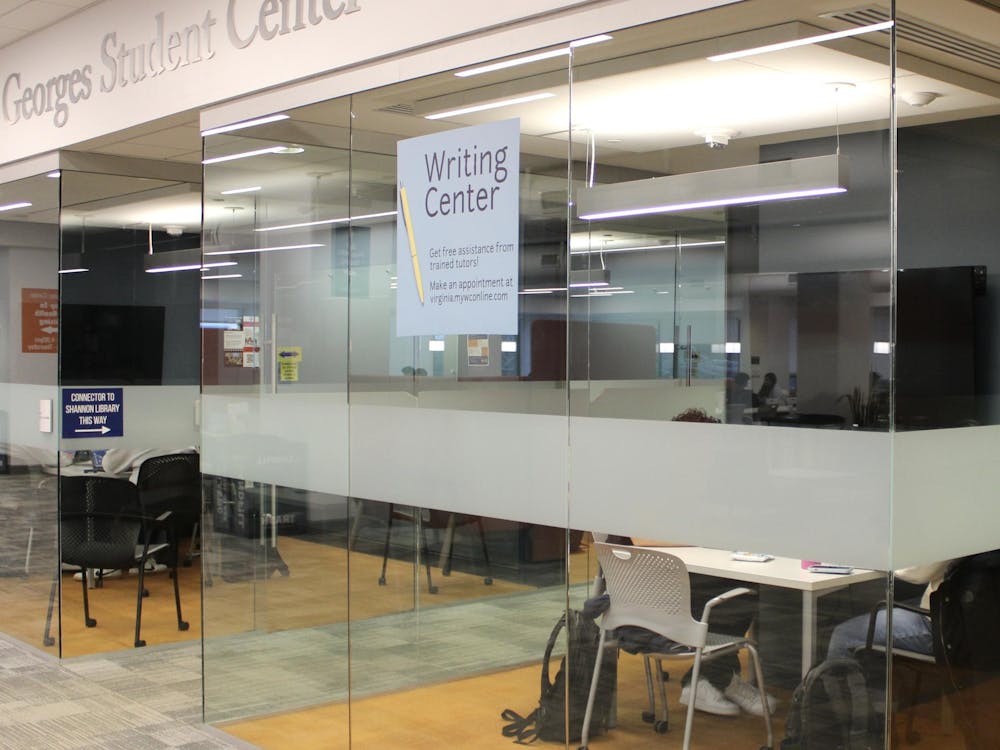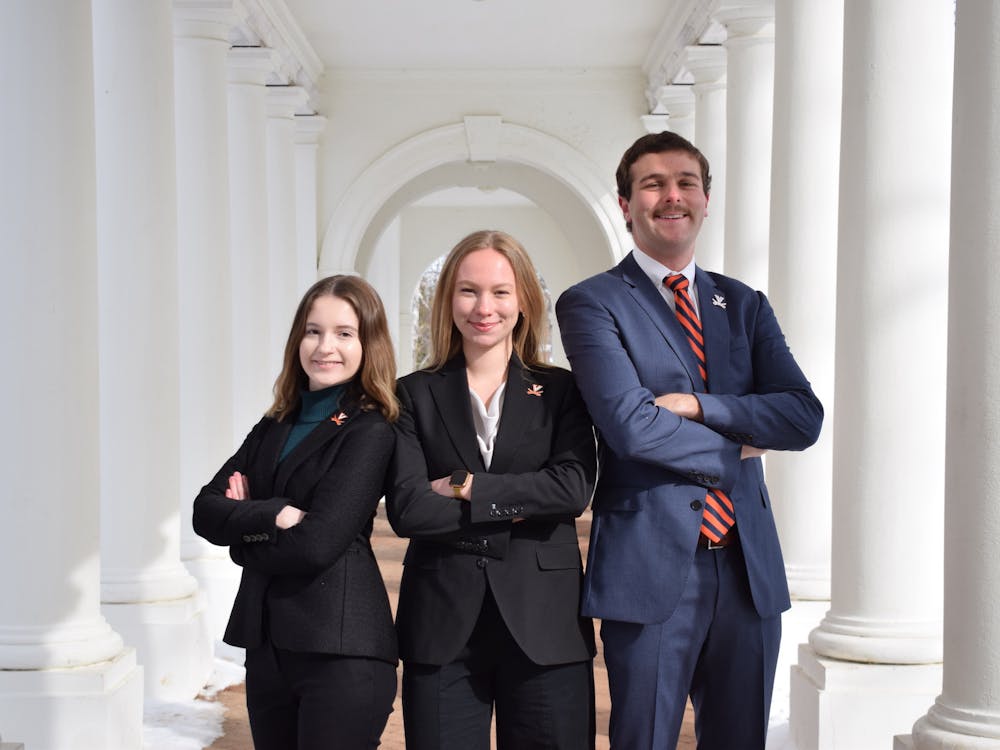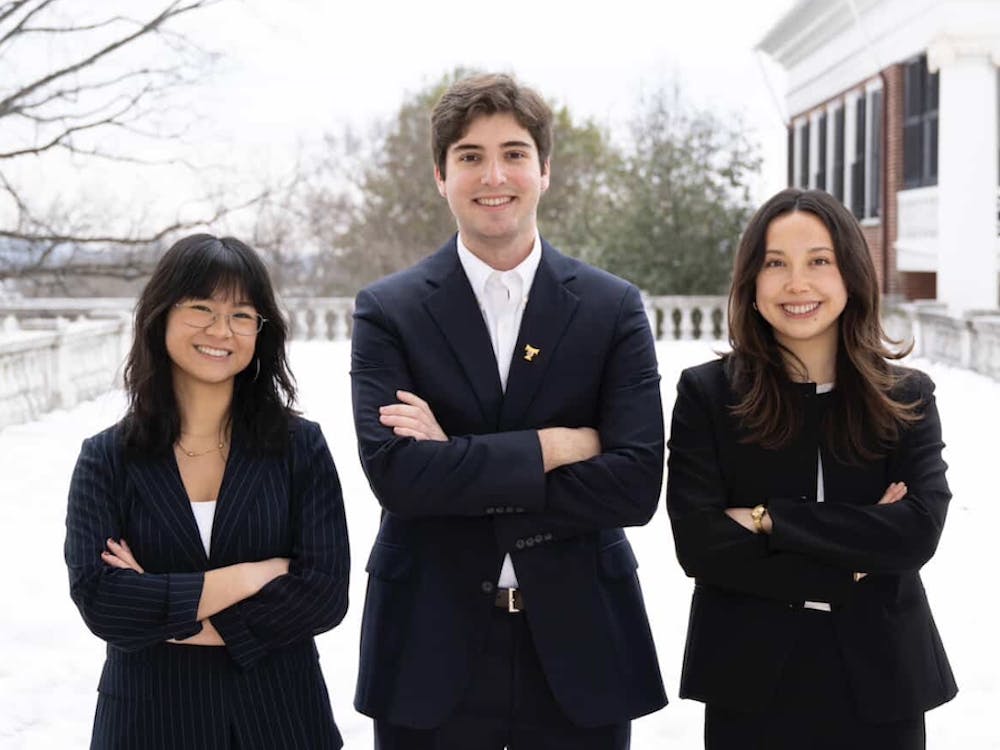 University President Teresa Sullivan agreed yesterday to meet with six student protesters from the Living Wage Campaign Feb. 27 to listen to their demands for a $13 minimum wage, University spokesperson Carol Wood said.
University President Teresa Sullivan agreed yesterday to meet with six student protesters from the Living Wage Campaign Feb. 27 to listen to their demands for a $13 minimum wage, University spokesperson Carol Wood said.
"The President is meeting with them to listen and to learn," Wood said of the 18 students currently on hunger strike. Six students have joined the hunger strike since the campaign announced it Saturday.
The strikers said they had hoped to meet sooner, as Monday marks the tenth day of the hunger strike they began Saturday, but Wood said the Board meetings this week made it impossible to schedule an earlier meeting.
"[Sullivan] is concerned about the road that students have chosen," Wood said. "We don't want the students to jeopardize their health by using a hunger strike as their means to an end."
Charlottesville Vice-Mayor Kristin Szakos addressed students and community members during the campaign's rally yesterday afternoon.
"I'm not here on behalf of City Council, but I am here in my role as a City Councilor," Szakos said during an interview after the rally. She said many of the workers who were not making a living wage were her constituents, and she wanted to represent them and the taxpayers of the City.
The protesters ended yesterday's rally by marching around the Rotunda chanting, "Fourteen years and not one more, no one should be working poor."
Third-year College student Joseph Williams joined the fast Sunday, and was completing his third full day of the hunger strike yesterday.
Williams said, "Everybody comes to the University because they're attracted not only by the prestige... but by the caring community," which he said the University had failed to uphold.
English Prof. Susan Fraiman, a faculty supporter of the campaign, said in an email she hesitantly endorses using a hunger strike to promote the living wage movement.
"I am, first and foremost, concerned for the students' well-being," Fraiman said in the email. "[A]fter 14 years of rallying, sitting-in, petitioning, and pleading with the administration, I understand that the students take this action as a last resort."
Sullivan, in an email sent to the University community last week, said she believed the University's current lowest wage with benefits already surpassed the campaign's demand of $13 per hour. She added in the email that the number of lowest paid University employees had decreased by half during her administration.
Student campaigners said Sullivan's figures did not consider contract employees, who may make below the $10.65 per hour, or $14.55 per hour with benefits, which Sullivan identified in her email as the lowest rate paid to University workers.
Sullivan said a 2006 opinion by then-Attorney General and now-Gov. Bob McDonnell means the University cannot require private companies to pay their employees a living wage.
University Dining Services did not return a request for comment about its lowest wage for full-time employees, but Wood said Aramark, the University Dining Services contractor, tries to keep pace with University wage increases.
"We do not have access to salary information on contract employers," Wood said. "There are several contractors, like Aramark, that have tried to emulate the University"






